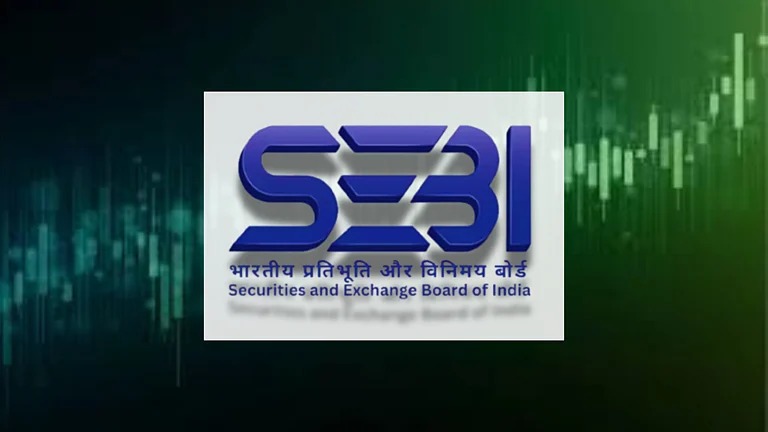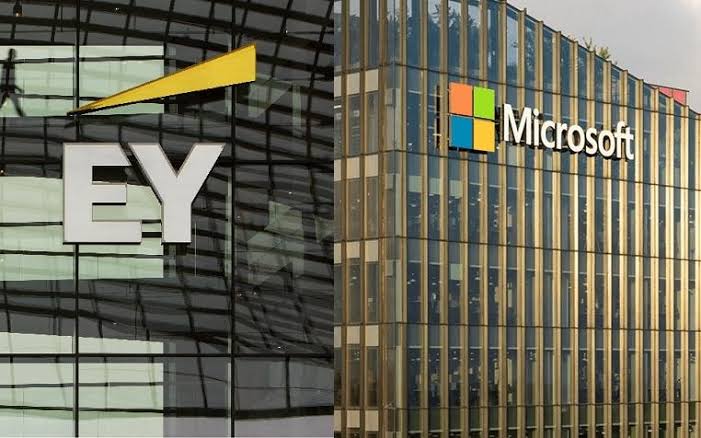India’s capital markets regulator, the Securities and Exchange Board of India (SEBI), has extended the deadline for implementing its new safety framework for retail algorithmic trading. Originally slated for August 1, the rollout has now been deferred to October 1, 2025. The move comes after stock exchanges and broker forums requested additional time to finalize operational standards and ensure smooth execution.
Key Highlights from the Regulatory Update
- SEBI’s circular on safer retail participation in algorithmic trading will now take effect from October 1, 2025
- The extension allows exchanges and brokers to refine implementation standards and address unresolved technical concerns
- The framework includes mandatory approvals, unique strategy identifiers, and tighter API controls for retail algo traders
Why SEBI Is Tightening the Rules
- Protecting Retail Investors
- With the rise of retail algo trading, SEBI aims to prevent misuse, manipulation, and technical vulnerabilities
- The framework mandates that brokers and algo providers disclose all charges and risks upfront
- Retail investors must register self-developed algorithms if they exceed specified trading thresholds
- Enhancing Transparency and Accountability
- Each algorithm must be approved by the exchange and tagged with a unique ID to ensure traceability
- Brokers are required to monitor algo activity, report anomalies, and maintain audit trails
- Exchanges will deploy “kill switches” to disable rogue algorithms instantly
- Restricting Unregulated Access
- Open APIs are banned; only secure, broker-controlled access will be permitted
- Algo providers must be empanelled with exchanges before offering services to retail clients
- Black-box algorithms must register as research analysts and disclose their logic periodically
Industry Response and Implementation Challenges
- The Broker’s Industry Standards Forum (ISF) requested the extension citing unresolved issues in SOP formulation
- Exchanges are working with SEBI to finalize testing protocols, simulation environments, and compliance workflows
- Fintech firms and algo vendors are revisiting their platforms to align with the new norms
Implications for Retail Traders and Brokers
- For Retail Traders
- More time to understand the new rules and adjust strategies accordingly
- Increased safety and reduced risk of falling prey to unverified or manipulative algorithms
- Need to ensure registration and compliance for self-developed bots
- For Brokers and Algo Providers
- Must obtain exchange approvals for every algorithm offered
- Required to implement real-time monitoring, risk controls, and investor education programs
- Will face penalties for non-compliance or failure to report irregularities
Looking Ahead: A Safer, Smarter Trading Ecosystem
SEBI’s phased approach reflects its intent to balance innovation with investor protection. By extending the deadline, the regulator is giving stakeholders time to adapt without disruption. The new framework is expected to democratize access to algorithmic trading while minimizing systemic risks.
As India’s retail trading landscape evolves, these safeguards could set a global benchmark for responsible automation in financial markets. Traders, brokers, and tech providers now have a clear window to recalibrate and prepare for a more transparent and secure trading future.
Sources: SEBI official circular, Fortune India, Marketfeed, Motilal Oswal, Upstox News





